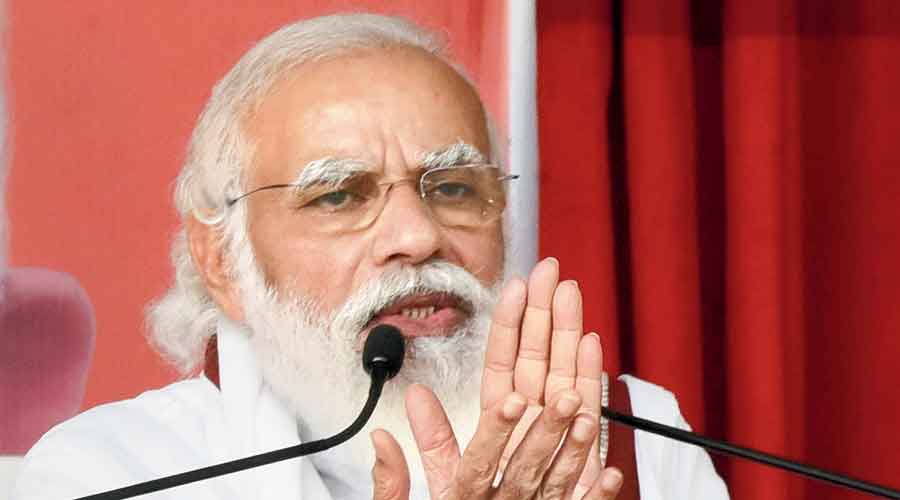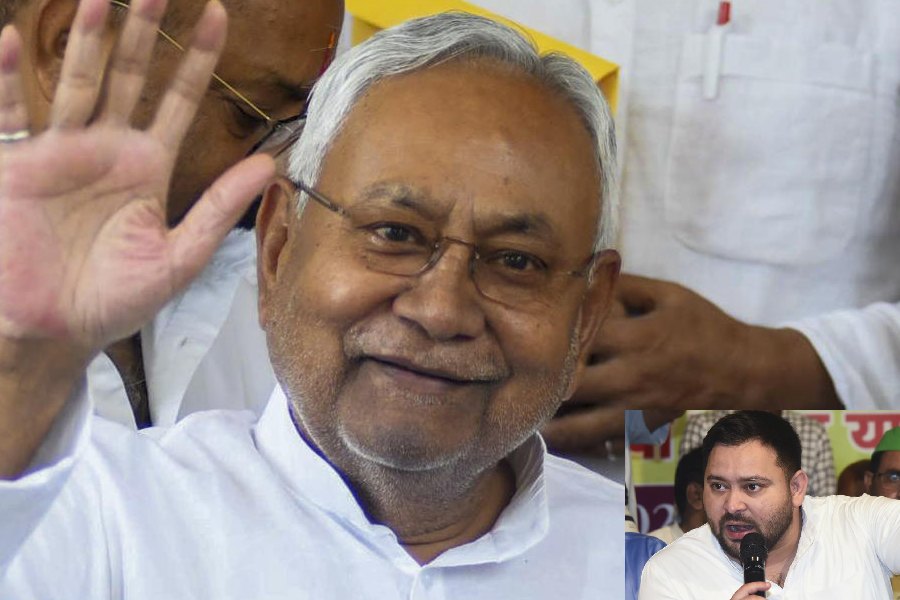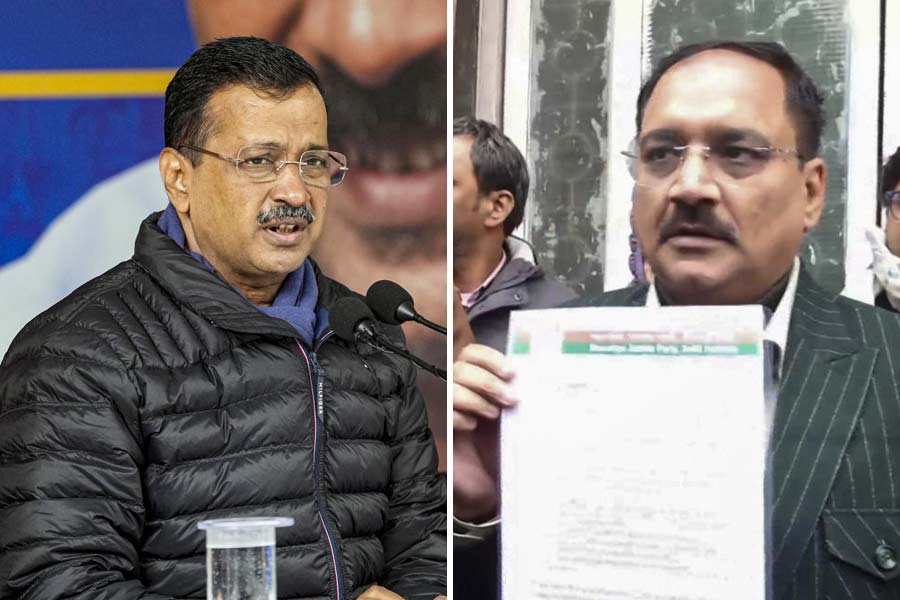Ideology, it is believed, is the elixir that sustains political parties in a democracy. But can ideology also sound the death knell of democracy and national interest? This intriguing query was raised by the prime minister recently while unveiling a statue of Swami Vivekananda at the Jawaharlal Nehru University, a campus that has, over the years, witnessed intense clashes between adherents of contesting ideologies. Narendra Modi, it may be argued, suggested the need for balance, saying that the tendency to prioritize political ideology over the interest of the nation has corroded India’s democratic experience. The prime minister also referred to two shining instances where political opponents managed to build a bridge over this frightening ideological chasm: the first was the national mobilization under M.K. Gandhi; the other, Mr Modi said, was the united battle by the Left and the Right against the spectre of Emergency.
Mr Modi’s concern for India’s deepening ideological fault lines is touching. But is it sincere? There is indisputable evidence to suggest that the divisions in contemporary India are the outcome of contentious efforts by the Bharatiya Janata Party — New India’s principal political force — to herd a pluralist republic towards a hegemonic, allegedly majoritarian, nationhood. That the BJP’s ascendancy has corresponded with explicit and furtive assaults on the inclusive, federal character of Indian democracy is not a coincidence. The worrying metamorphosis is linked to the BJP’s core ideological agenda — the facilitation of the Hindu rashtra. Of course, the collateral damage —the systematic discrimination and violence against minorities, the incarceration of dissidents, the bulldozing of states — must all count as the BJP’s way of upholding national interest. Mr Modi, surprisingly, did not elaborate on what constitutes national interest. Perhaps that is because the polarizing ethic of Hindutva — the BJP’s ideological engine — is inimical to it. National interest can only be served by a political commitment to honour public welfare, unity and diversity, three elements integral to the nation-building project. The problem for Mr Modi and his party is that their ideological blinkers prevent them from seeing that India derives its strength from the very multiplicity that the BJP, wedded to the principle of unilateralism, finds unpalatable. The myopic vision — the fruit of a toxic ideology — is truly antithetical to India’s interests. The prime minister, it must be admitted, is not wrong.










